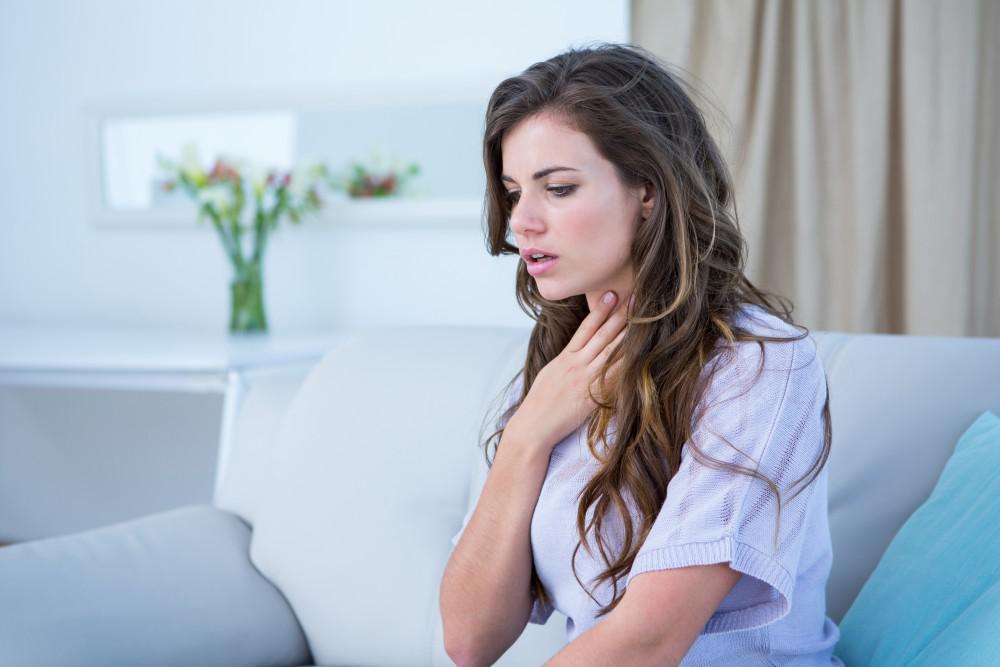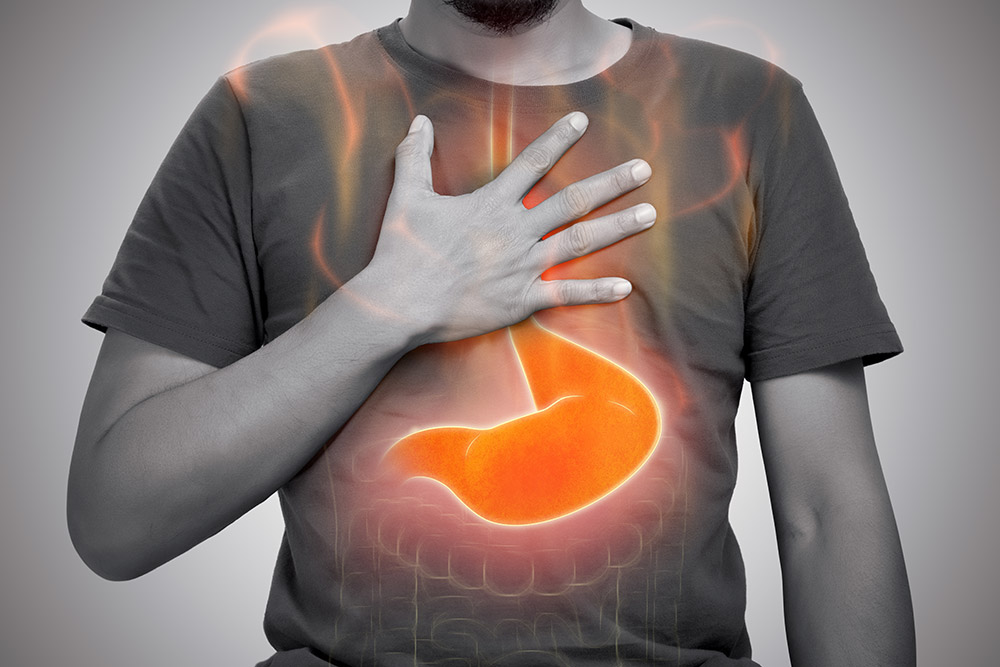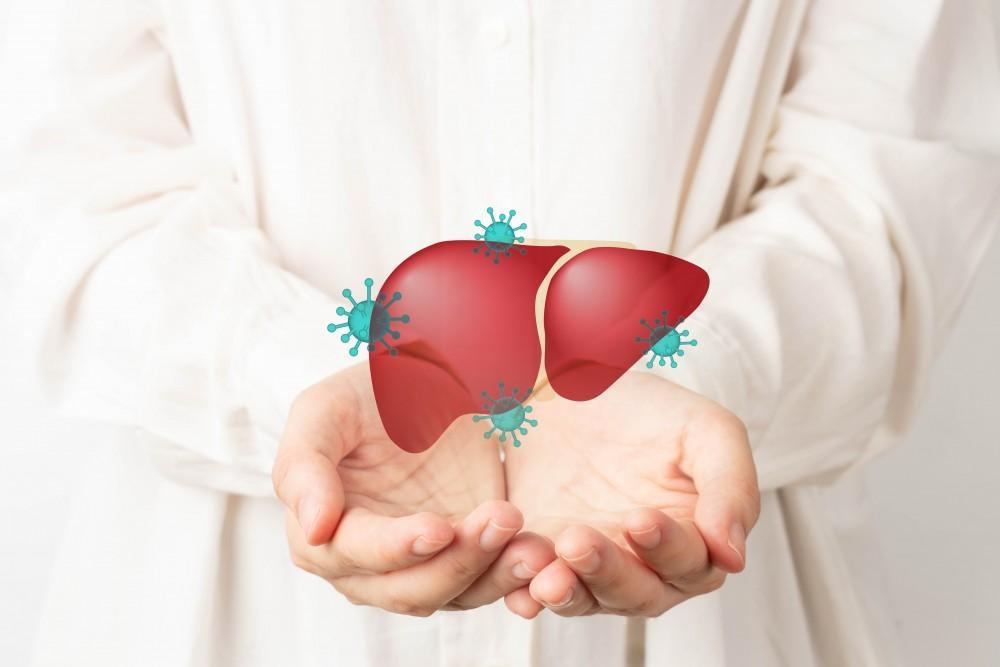How Dr. Rishi Chadha Diagnoses Ulcerative Proctitis?
Health History Review
Dr. Chadha will ask about your symptoms, family history of IBD, and any past digestive issues.
Physical Exam
A gentle rectal exam may be performed to assess inflammation and tenderness.
Stool Tests
Samples are checked to rule out infections and other causes of rectal bleeding.
Blood Tests
Lab work looks for signs of inflammation, anemia or other systemic issues.
Colonoscopy with Biopsy
An endoscopic camera examines the rectum and a small tissue sample is taken to confirm ulcerative proctitis.
Frequently Asked Questions
What are the signs of ulcerative proctitis?
Bleeding, cramps, mucus in stool, and needing the bathroom often.
How is ulcerative proctitis different from ulcerative colitis?
Ulcerative proctitis affects only the rectum. Ulcerative colitis can affect more of the colon.
Can food cause a flare-up?
Yes. Foods like spicy meals, fiber-rich items, and dairy may trigger symptoms.
What is the ICD-10 code for ulcerative proctitis?
Ulcerative proctitis is coded as K51.2.
Can probiotics help?
They may help. Ask Dr. Chadha which type and how much to take.
Do I need surgery for ulcerative proctitis?
Most people get better without surgery.
How often will I need a colonoscopy?
Usually every 1 to 3 years. It depends on how your symptoms respond to care.
Can I still travel with ulcerative proctitis?
Yes. Keep medicine with you and plan bathroom stops.
Will I need medicine long-term?
Many people stay well with daily medicine to keep symptoms away.
Is ulcerative proctitis genetic?
Having a family member with IBD raises your risk. But it's not passed down directly.











